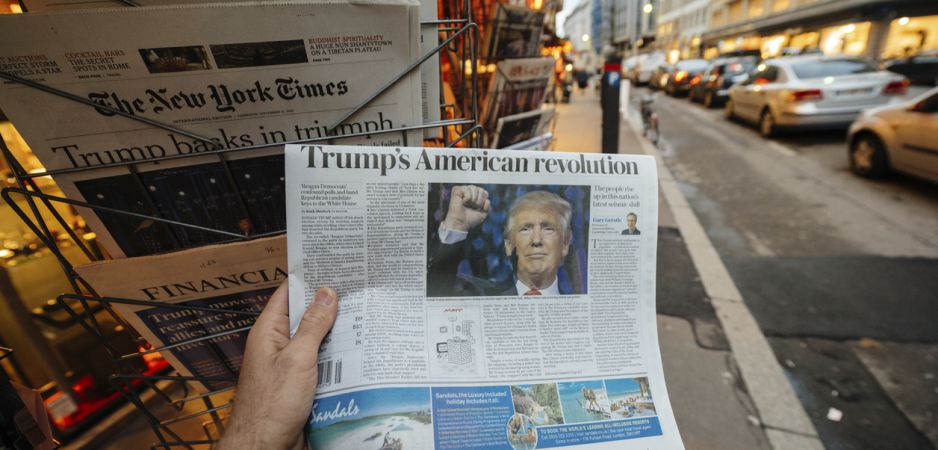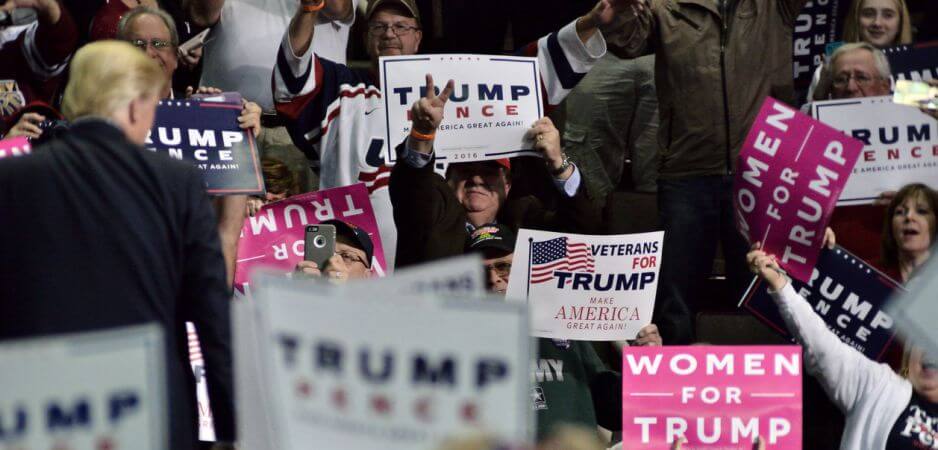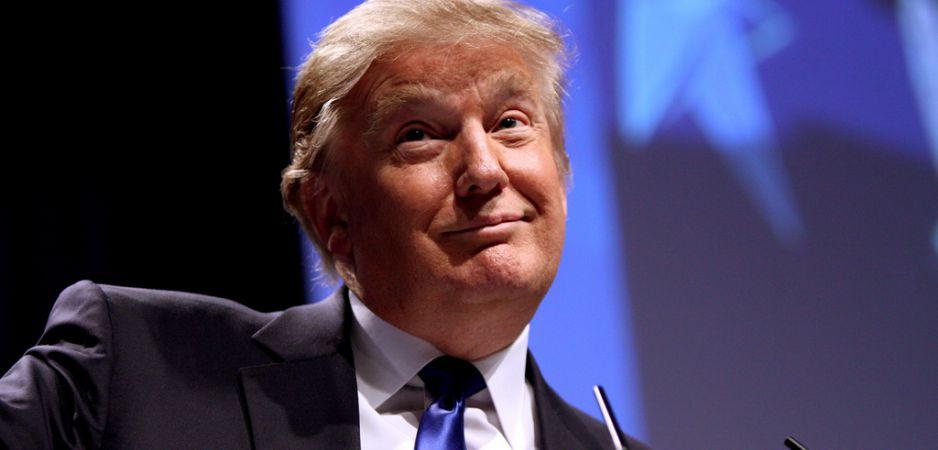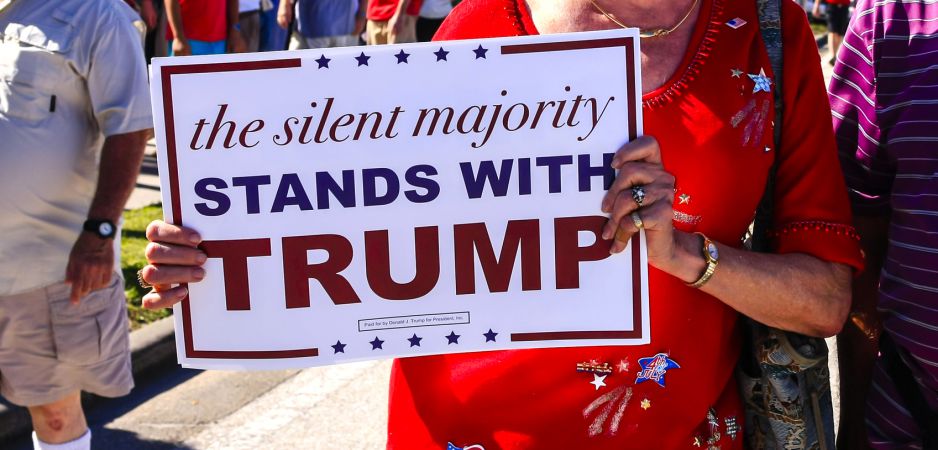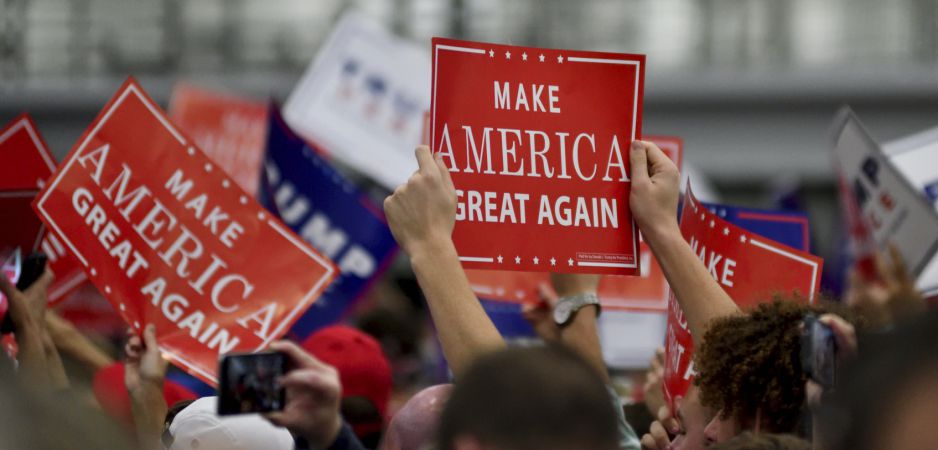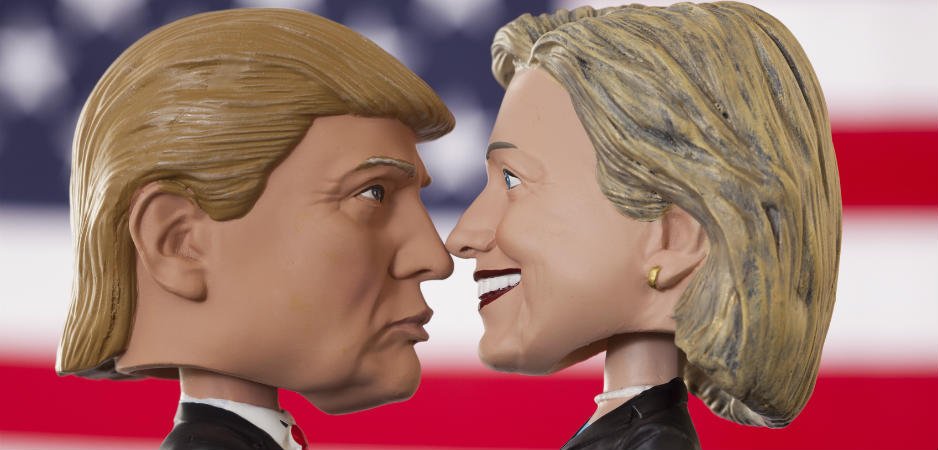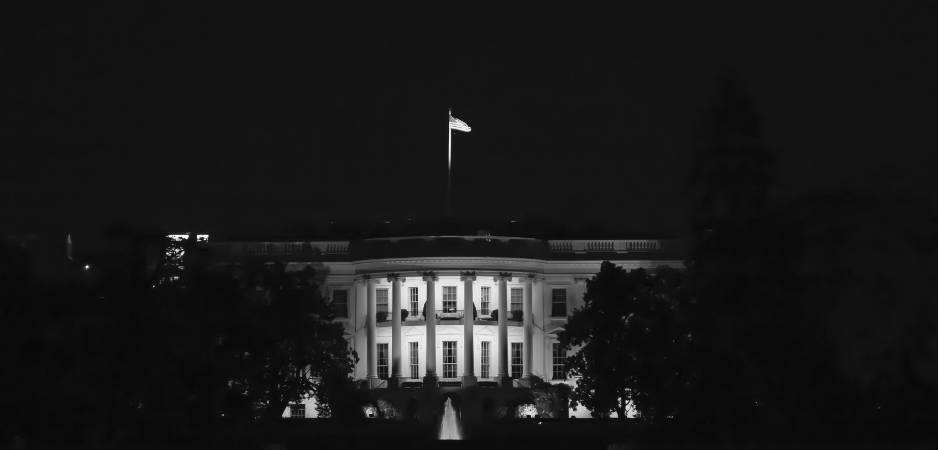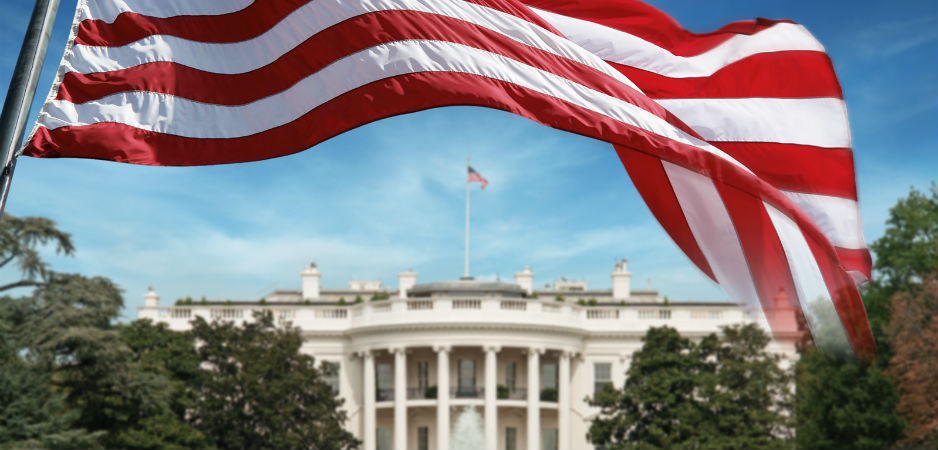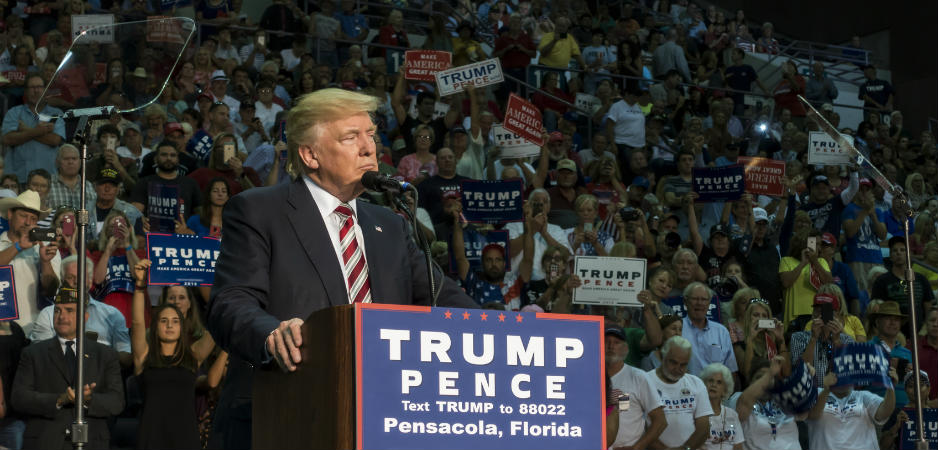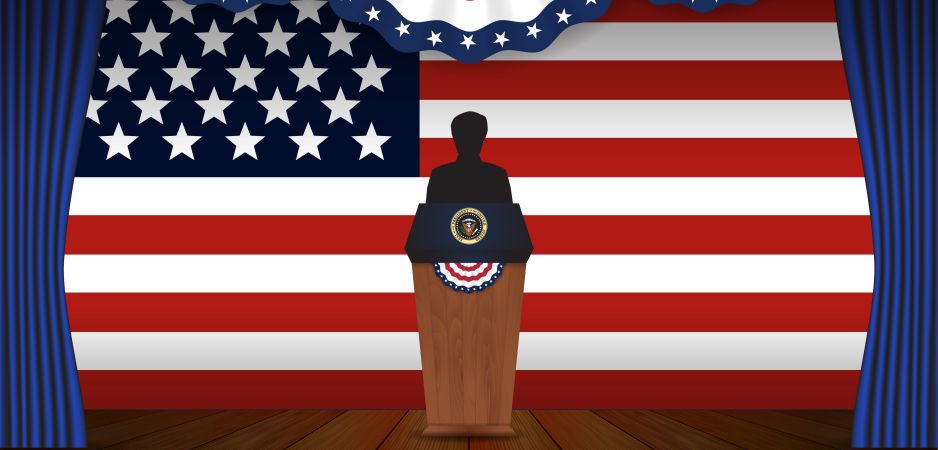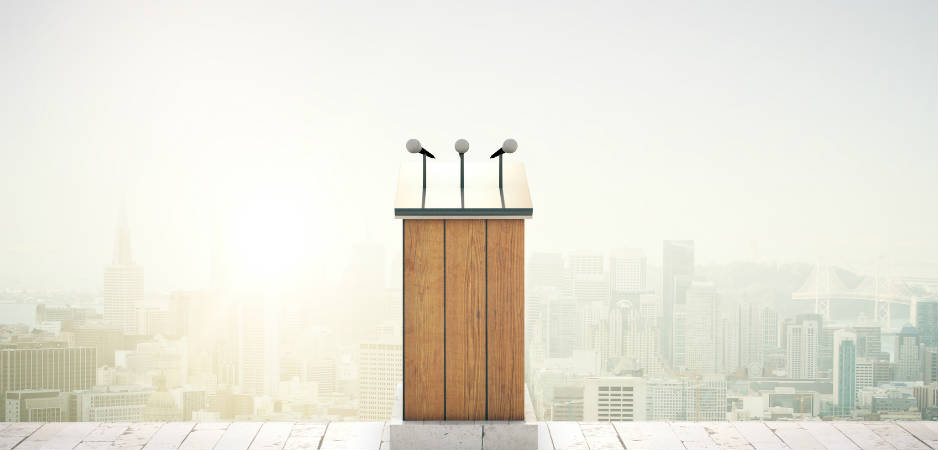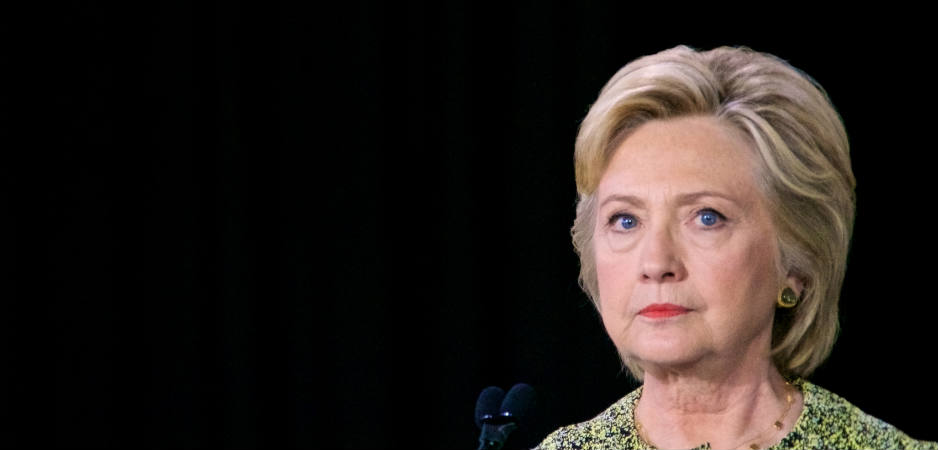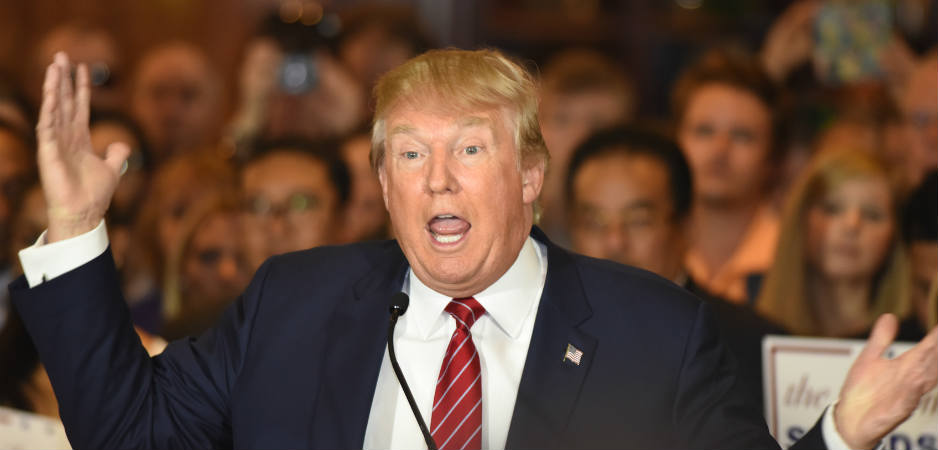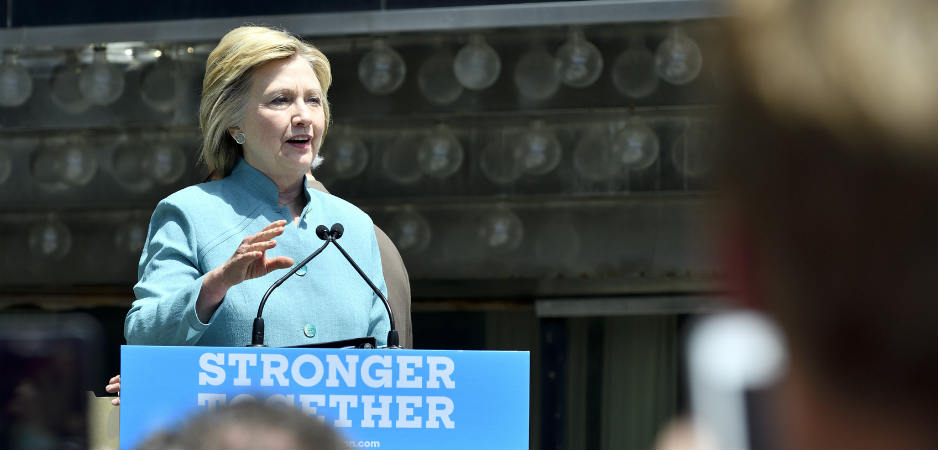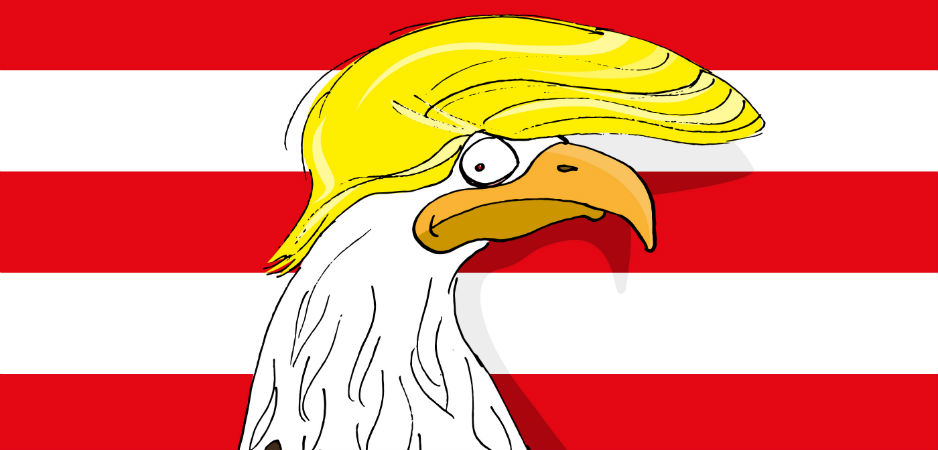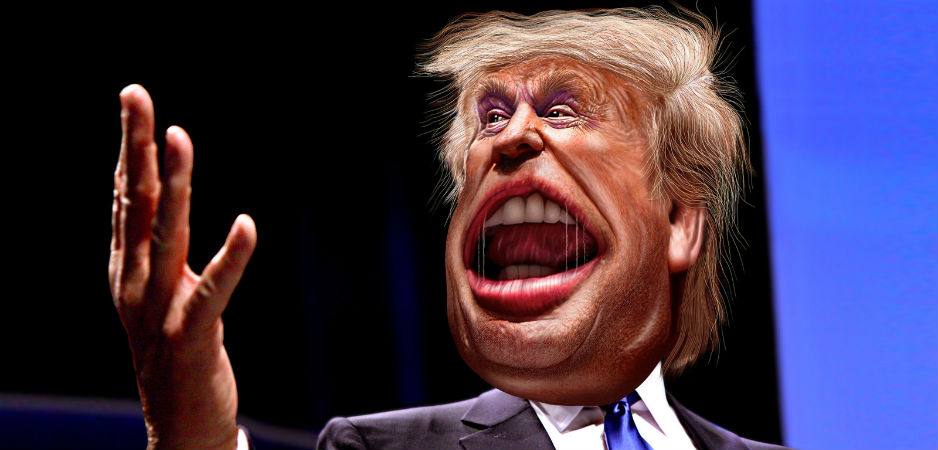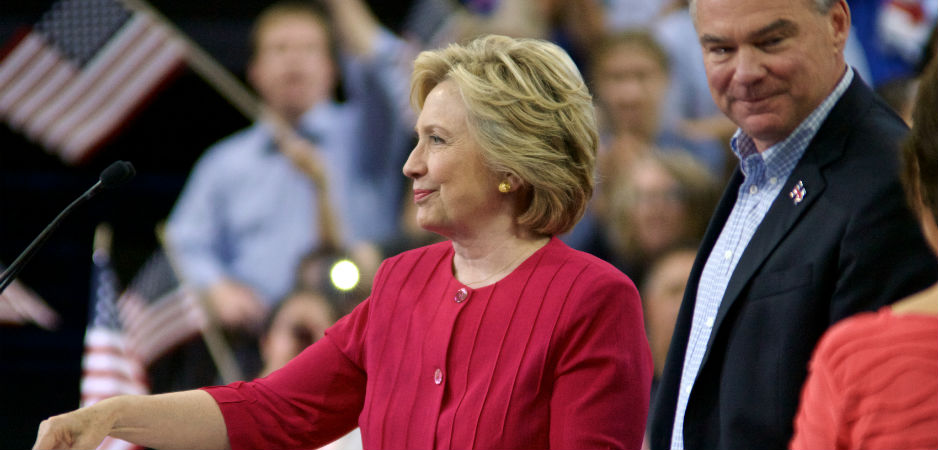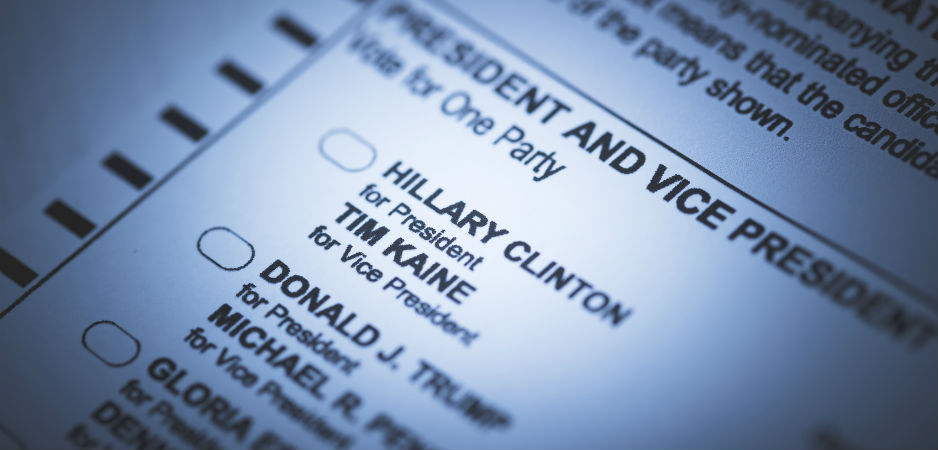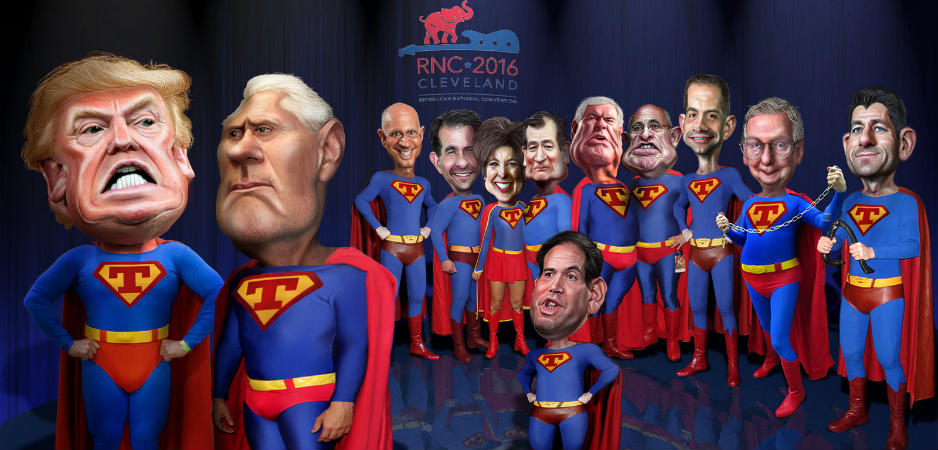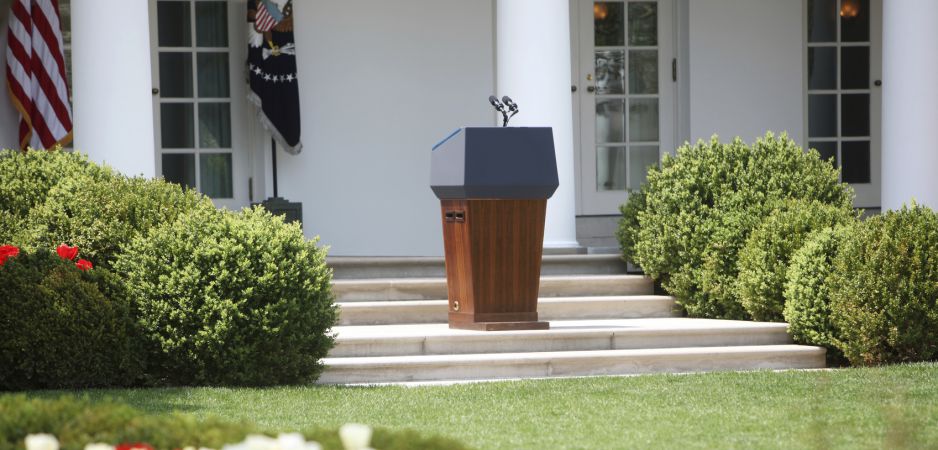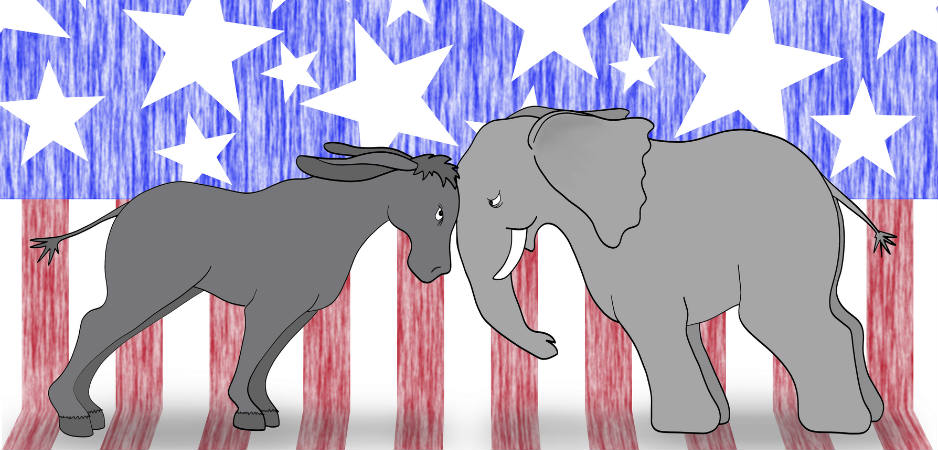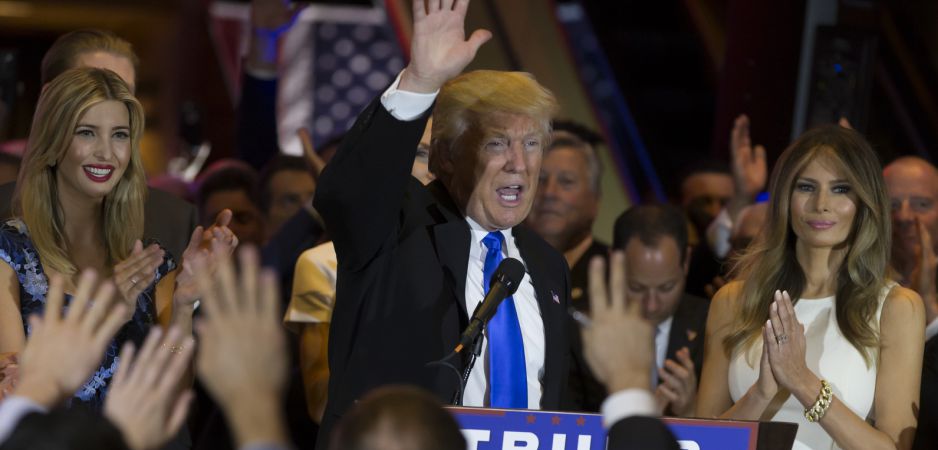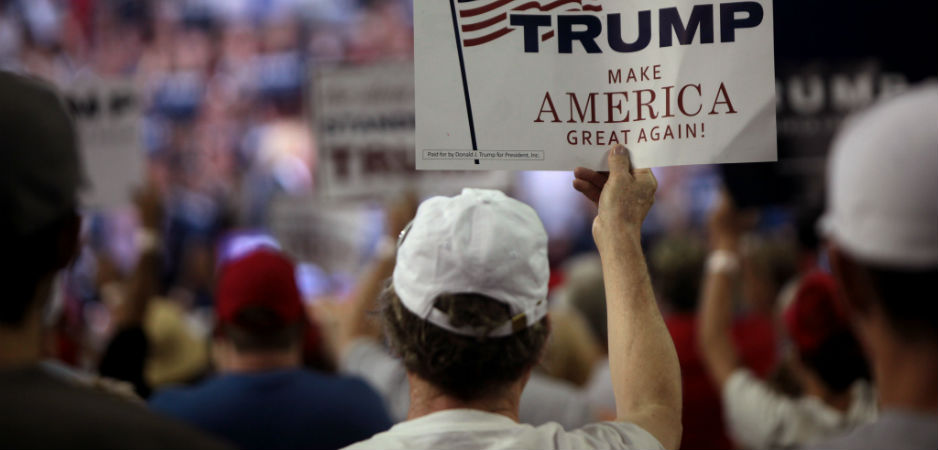While the age of conventional wars may be over, the real tragedy emerges in streets every day.
One of the most prominent arguments in the field of international relations is that the international system is anarchic and chaotic. According to this fundamental premise, unlike domestic politics where nation-states are seen as sovereign authorities to rule within their territories, the international arena lacks a supreme authority to bring about order and stability to global issues.
Indeed, casualties of the two great wars proved this view in the last century as they cost over 80 million lives along with many other tragedies. However, inherited from the Cold War’s bipolar balance between the United States and the Soviet Union, today’s inter-state system has drawn certain limits and norms for national governments. Although the Cold War is over, the sense of nuclear deterrence and balance of power still continue to curb, if not entirely halt, aggressive state actions, alleviating the anarchic nature of inter-state relations.
Economic Unevenness
Not quite present within the consolidated international system anymore, the real anarchy is now embedded within metropoles, suburbs and rural areas. The chaos is starkly visible in cities like New York, Sao Paulo, Istanbul and New Delhi, where you can see both millionaire CEOs and homeless people on the exact same street, walking on the exact same sidewalk.
What modern capitalism has perhaps achieved is to produce revolutionary technologies in accordance with the needs of today’s cosmopolitan individuals. However, it has failed to provide welfare and justice evenly. A recent report by the US Conference of Mayors states that one in three children struggles with hunger in Washington, DC, the capital of the most powerful nation on earth where the most crucial decisions are taken every day to design global affairs.
Cultural Bipolarity
As most commentators suggest, the main driver of President-Elect Donald Trump’s victory in the US election was primarily economy-related, since his fierce rhetoric has directly tapped into the discontents of the American working class with their quality of living. Yet one single explanation based on the economy can probably not help us see the whole picture.
By no means limited to the situation in the United States, there has been a rising confrontation between urban and rural values on a global scale, creating huge crowds around anti-elitist and populist political leanings on one side, and their crowded opponents on the other. Examples include, but are not limited to, the triumph of Trump in the US, the Brexit campaign in Britain, and the almost unchallenged popularity of President Recep Tayyip Erdogan in Turkey among others, and millions of their frustrated antagonists who are worried about this trajectory.
That is to say, people with different socioeconomic backgrounds are not only polarized depending on their income level, but beyond that, on their values. While well-educated urban people claim to endorse and champion the virtues of the modern era such as democracy, secularism, LGBT rights and green energy, these concerns are not shared with the same level of enthusiasm by non-college graduates and blue collar workers in most societies.
Globally-minded urban populations feel extremely furious and even ashamed to be living together with whom they call “backward masses,” lambasting their electoral behaviors with great anxiety. But frustration and angst are not one-sided, though. Conservative rural people frequently see these well-educated urban liberals as elitist snobs and accuse them of being disrespectful and indifferent to religious and patriotic values, and thus embrace the strongest anti-elitist politicians. The bipolarity, therefore, does not appear between two superpowers like Washington and Moscow anymore as it did only three decades ago, but between cultural identities.
In the end, we witness a tremendously high polarization in societies, shaping political tendencies not necessarily based on ideational preferences, but rather on sociocultural statuses.
Understanding Trump
The popular question nowadays is whether this strong political trend of populism will go beyond domestic spheres and generate structural repercussions for global affairs, creating cracks within the Western bloc and a reconfiguration of the free market economy.
To be more specific, the horrid doubt arises over whether the three main pillars of the Western Hemisphere—the free market economy, the Atlantic alliance and European integration—are subject to any paradigmatic changes in face of the Brexit and Trump double.
 Fair Observer provides you deep and diverse insights for free. Remember that we still have to pay for servers, website maintenance and much more. So, donate now to keep us free, fair and independent.
Fair Observer provides you deep and diverse insights for free. Remember that we still have to pay for servers, website maintenance and much more. So, donate now to keep us free, fair and independent.
But while asking this question, which is quite timely and relevant, we cannot miss a few others: What do these pillars offer for the good of the working middle class and non-Western nations? Do most people really benefit from the system of “casino capitalism” where giant financial corporates and their high risk investments are protected by government bailouts at the expense of shifting the burden onto taxpayers? In what way have the Atlantic alliance and European integration contributed to the security and development of the non-Western world?
If we are bold enough to ask these questions and our answers do not satisfy us, then we actually have bigger and more fundamental problems than the rise of Trumpism.
The views expressed in this article are the author’s own and do not necessarily reflect Fair Observer’s editorial policy.
Photo Credit: Adrian Hancu
For more than 10 years, Fair Observer has been free, fair and independent. No billionaire owns us, no advertisers control us. We are a reader-supported nonprofit. Unlike many other publications, we keep our content free for readers regardless of where they live or whether they can afford to pay. We have no paywalls and no ads.
In the post-truth era of fake news, echo chambers and filter bubbles, we publish a plurality of perspectives from around the world. Anyone can publish with us, but everyone goes through a rigorous editorial process. So, you get fact-checked, well-reasoned content instead of noise.
We publish 2,500+ voices from 90+ countries. We also conduct education and training programs
on subjects ranging from digital media and journalism to writing and critical thinking. This
doesn’t come cheap. Servers, editors, trainers and web developers cost
money.
Please consider supporting us on a regular basis as a recurring donor or a
sustaining member.
Support Fair Observer
We rely on your support for our independence, diversity and quality.
Will you support FO’s journalism?
We rely on your support for our independence, diversity and quality.


